Merkel wants outline coalition deal with SPD by mid-January
Chancellor Angela Merkel said on Monday she wanted to conclude exploratory talks on a possible coalition with the center-left Social Democrats (SPD) by mid-January to end Germany's political deadlock.
Merkel was asked if comments by her and President Emmanuel Macron that Germany and France hope to make progress on ideas to reform the euro zone by March were realistic, given the risk that talks with the SPD could falter.
"I mentioned March because we want to hold exploratory talks by mid-January," Merkel told reporters after a meeting of the executive board of her Christian Democrats (CDU).
Merkel's conservative bloc, weakened in a September election that produced a splintered parliament, will hold their first meeting with the SPD on Wednesday.
A deal with the SPD is Merkel's best chance of securing a fourth term as chancellor. She implied there was room for maneuver on policy, but appeared to rule out cooperation outside the framework of a formal coalition.
If the exploratory talks are successful, the SPD will move on to negotiate a detailed blueprint with the CDU and its Bavarian sister party, the CSU, setting out government policy for the next four years.
The SPD agreed to enter talks only reluctantly after voters rewarded it in September for the last four years of "grand coalition" under Merkel by handing it its worst result since 1933.
Some in the SPD now want to cooperate with Merkel outside of a formal coalition agreement, in the hope of better preserving a more distinct separate identity in voters' minds.
But Merkel said a stable government required formal agreements on policy: "Anything short of that would mean the exploratory talks were not successful."
Citizen’s insurance
Should Merkel and SPD leader Martin Schulz fail to reach an agreement, President Frank-Walter Steinmeier could call a new election, something neither party wants as both fear the far-right Alternative for Germany (AfD) would make more gains.

SPD General Secretary Lars Klingbeil warned Merkel on Monday that party leaders would not win the required blessing from members for renewing their alliance if the SPD gave way on key election promises.
He said it would insist on distinctive leftist policies, such as introducing a single "citizen's insurance" to replace the current dual system: superior private health insurance used mainly by the wealthy, and a more widely accessible public health insurance.
Conservatives say switching to a unified system would erode competition and worsen services. But Merkel said on Monday that it was possible to find common ground with the SPD on ways to improve the healthcare system.
Immigration is another sticking point. The SPD opposes a conservative plan to prolong a halt to the right of some accepted asylum seekers to bring in family members.
It says the measure hampers efforts to integrate the 1.6 million people who entered Germany seeking asylum in 2015 and 2016. "Integration works only with families," Klingbeil said.
The CSU, which fears losses to the AfD in an election in Bavaria next year, is likely to put up more resistance to SPD policy demands than the CDU, notably on immigration.
(Source: Reuters)
VIDEO | Ramadan begins in France amid optimism, challenges
Hamas: Huckabee’s remarks expose ‘American bias towards Zionist domination, annexation’
‘We will not bow to pressure or coercion’: President Pezeshkian
Trump raises global tariffs to 15%, calls Supreme Court ruling ‘ridiculous’
IRGC Navy tests Sayyad-3G air defense missile in Strait of Hormuz
Iran labels EU naval, air forces as ‘terrorist’ in response to IRGC listing
ICE quietly buys warehouses for major detention expansion
Family of US citizen killed by Israeli settler demands end to impunity


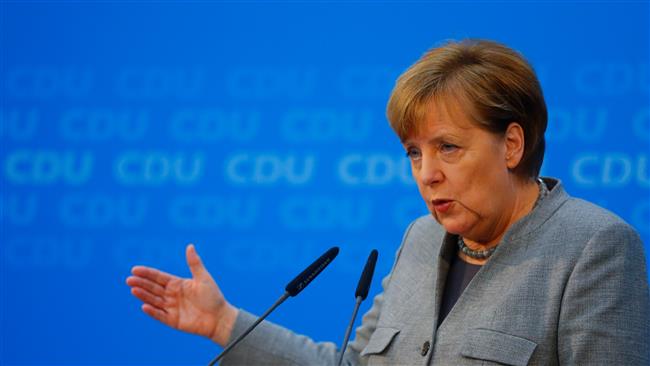

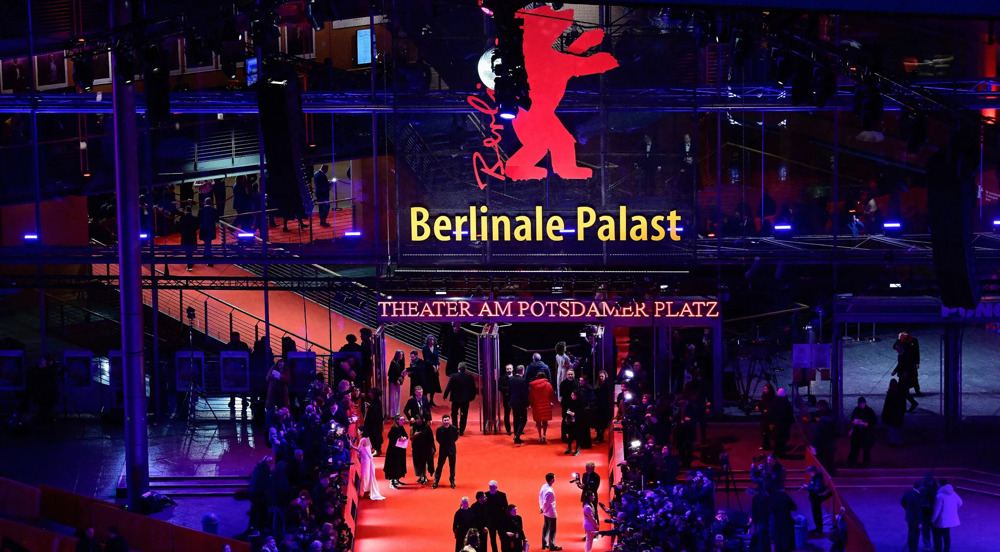
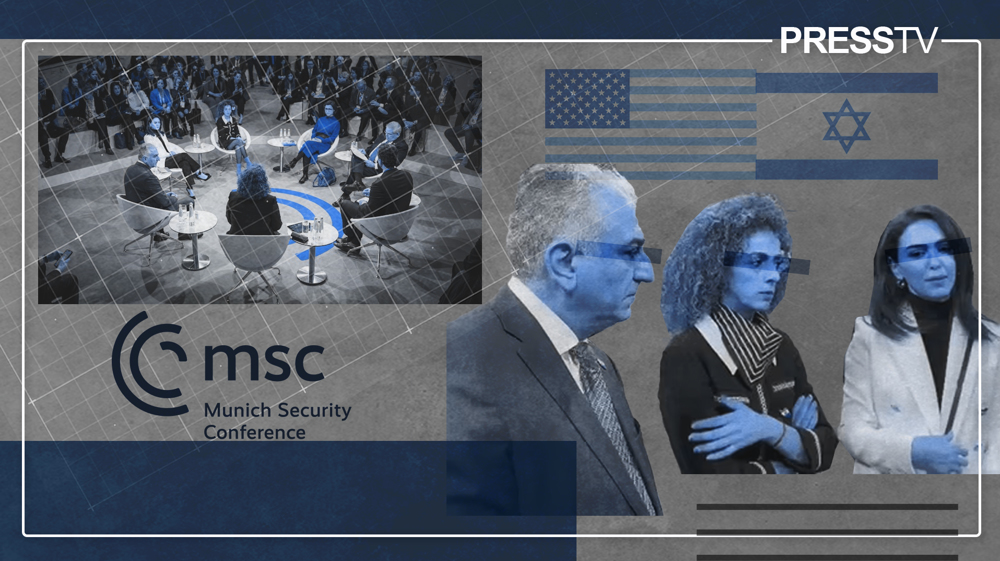



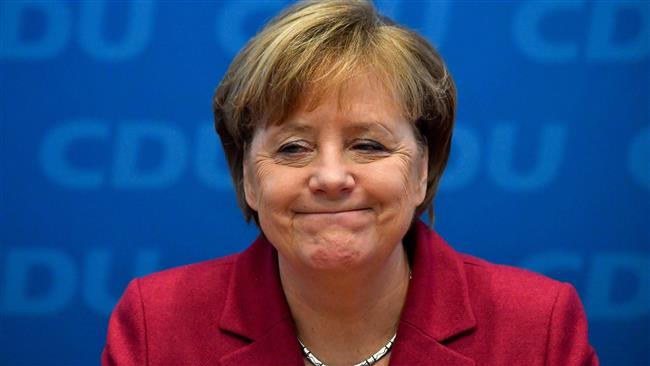
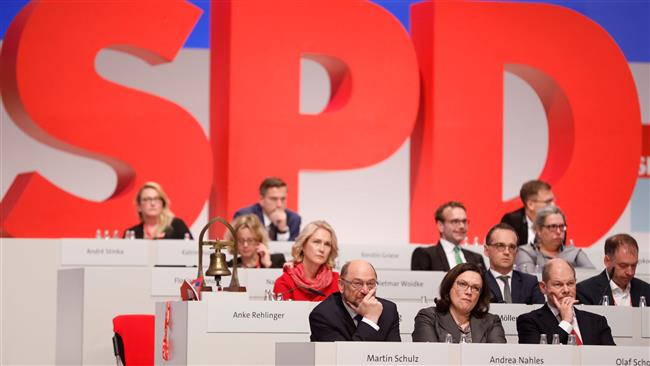
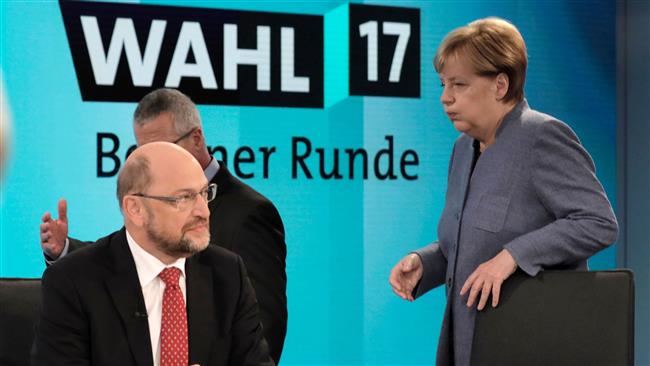
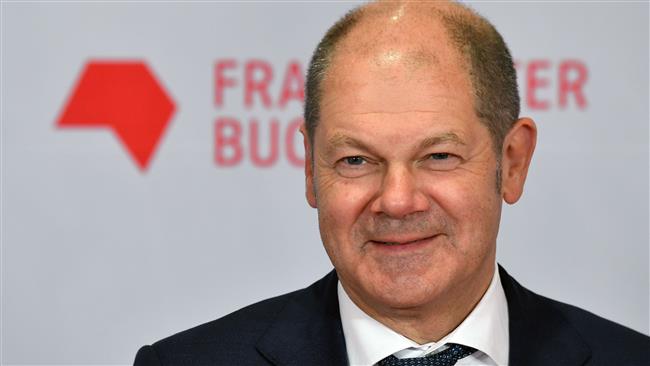
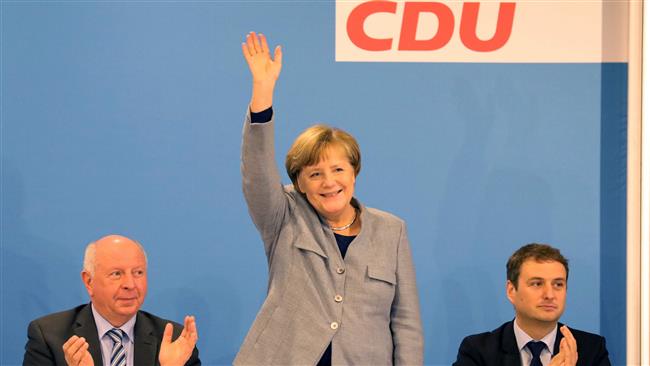

 This makes it easy to access the Press TV website
This makes it easy to access the Press TV website